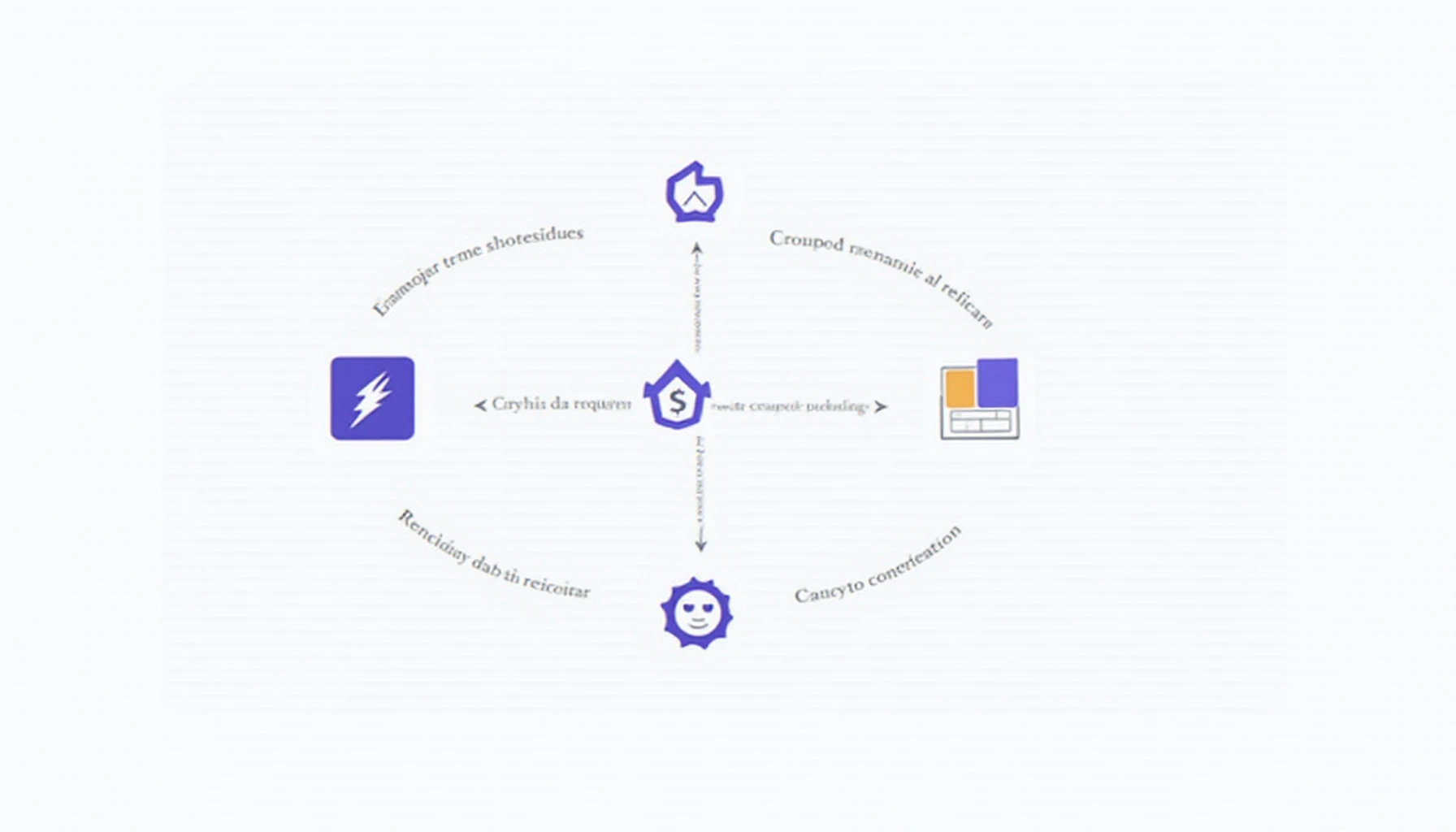Understanding Technical Debt in Cryptocurrency Projects
Have you ever felt that your cryptocurrency project is struggling due to outdated code or poor documentation? According to industry data, over 60% of software development projects face challenges due to technical debt. In the rapidly evolving world of digital currencies, it’s crucial for developers to tackle these issues effectively and prevent them from snowballing. In this guide, we’ll explore what technical debt means for your blockchain applications and provide actionable steps to remedy it.
Identifying Technical Debt in Your Codebase
The first step towards reducing software technical debt is identifying it. Set aside time for code audits and encourage your team to report areas where the code could be optimized. Here are a few signs your project might be facing technical debt:
- Frequent bugs and issues that require late-night fixes
- Dependence on outdated libraries or frameworks
- Poorly documented code that confuses team members
Best Practices to Minimize Technical Debt
Below are some tried-and-true strategies to decrease technical debt in your cryptocurrency applications:

1. Prioritize Code Refactoring
Continuous refactoring should be part of your development cycle. Implement small, incremental changes rather than waiting for a complete code overhaul. It can help prevent the build-up of significant debts.
2. Embrace Automated Testing
Automated tests can catch issues early in the development process, making it easier to keep up with best practices. Tools like unit tests and integration tests enable developers to keep pace with changes without sacrificing code quality.
3. Utilize Code Reviews
Encourage a culture of code reviews within your development team. Fresh eyes can spot potential issues that might escape the original developer’s notice, which helps keep technical debt at bay.
4. Invest in Documentation
Maintain comprehensive documentation, especially in rapidly evolving environments like crypto. Proper documentation mitigates risks by providing clarity and continuity, making it easier for new team members to jump in.
Monitoring Your Progress
Finally, measure the impact of your strategies regularly. Metrics can include code complexity, the number of bugs reported, or the time taken to deliver new features. Adjust your methods as necessary, keeping technical debt to a minimum.
Reducing software technical debt is essential for ensuring that your blockchain projects not only function optimally but also adapt to the rapidly changing nature of the cryptocurrency market. It’s about building a sustainable approach for your development team.
Conclusion and Next Steps
In conclusion, tackling software technical debt is crucial for the longevity of your cryptocurrency projects. By prioritizing code quality, implementing automated testing, and fostering a team culture of open review processes, you’ll set your project up for success. Ready to get started? Download our detailed guide on reducing software technical debt today!





